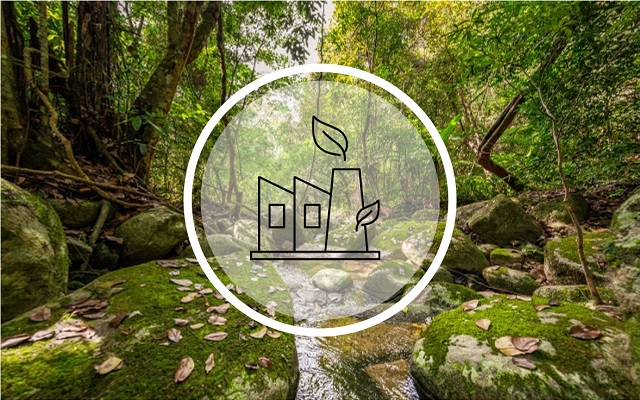Sustainable Urban Mobility Plan formulation for Birendranagar municipality

Birgendranagar is a fast-growing municipality in western Nepal and the capital city of Karnali Province. A huge number of commuters, increased use of private vehicles and a limited road network remain major challenges for the sustainable development of the city. To address the need for integrated planning, the IKI Small Grants project brings together municipal stakeholders and the general public to develop a sustainable urban mobility plan for Birendranagar in a participatory process. The needs of women and vulnerable groups receive special attention to ensure inclusiveness of the planned measures. An awareness campaign helps to sensitise the citizens for sustainable transport and mobility and engage them in the public debate. Increased awareness on climate change, air pollution and its impacts on the municipality as well as the participatory development planning processes can make Birendranagar a role model for other cities in Nepal.
INITIAL SITUATION
Birendranagar is located in Surkhet District in Karnali Province and is the capital city of the province. With a fast-growing population of 154.886 inhabitants (2021) Birendranagar is a major administrative and commercial centre in the region. The municipality lies in a bowl-shaped valley known as Dun valley surrounded by Mahabharat and Chure hills.
Increase in use of private vehicles, coupled with a limited road network remain the major challenges for the sustainable development of Birendranagar. At present, low-cost individual motorized vehicles like motorbikes and auto rickshaws are the preferred mode of transport. A huge number of commuters travels into and out of the city every day increasing the pressure on existing infrastructure as well as the level of air and noise pollution – especially during rush hours. Thus, the public demand for immediate interventions by the municipal government is high which makes the development of a holistic long-term mobility concept more difficult.
TARGET GROUP
The target group of the project are the residents of Birendranagar as well as the municipal authorities concerned with urban mobility planning. The needs of women and vulnerable groups receive special attention to ensure inclusiveness of the planned measures.
APPROACH AND ACTIVITIES
To address the need for integrated planning, the IKI Small Grants project brings together municipal stakeholders and the general public to develop a sustainable urban mobility plan (SUMP) for Birendranagar in a participatory process Based on this session on tactical urbanism, several areas of birendranagar are suggested where changes should be made. For one of these areas, an design is then drafted as an example that sustainably incorporates the interaction of people and the street. The proposed changes will then be implemented by the municipality. In addition, a SUMP law is drafted and proposed for adoption by the municipalit. An awareness campaign helps to sensitise the citizens for sustainable transport and mobility and engage them in the public debate. The positive impacts on the project location will be a positive stride towards a more sustainable city.
LATEST PROJECT HIGHLIGHTS AND IMPACTS
- Comprehensive data collection in urban and semi urban wards, including road side inventories, traffic count survey as well as a household survey in 1000 households
- Street mapping
- Survey on public perspectives on urban mobility
- Data analysis on infrastructure designing
- Construction of >4km footpath
ABOUT THE ORGANISATION
Sano Paila is a development oriented, community-based non-profit organization that was established with help from the community in 2006. It has a track record of successfully managing a diverse range of programs that tackle a number of complex issues. Focus areas span from youth empowerment, drug rehabilitation, to health improvement and advocacy, peacebuilding, crime prevention and reformation, anti-trafficking and child protection, access to education, livelihood enhancement, and crisis response. Each of the programs has local reach, breadth and ownership targeted to improve the lives of disadvantaged communities.
